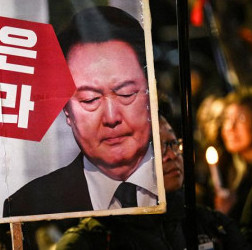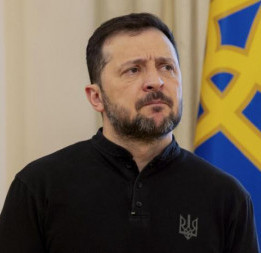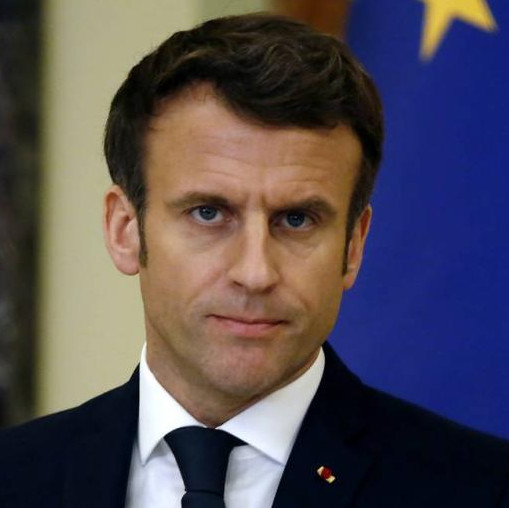Only 0.3% of the UK electorate will be deciding on Britain’s new leader in remaining weeks of the leadership contest. This is in a government that doesn’t have a majority, in a party failing in the polls, in a country absolutely divided as to whether to stay in the EU or not. And yet, if Boris Johnson gets his way – as all indications show he will – Brexit will take place on 31st October (perhaps aptly Hallowe’en).
We always knew that this leadership contest would be one steeped in skulduggery – the likes of Boris Johnson and Michael Gove have been at each other’s throats since the 2016 leadership contest – but it would be no exaggeration to say all techniques have been used this time to undermine each other’s campaigns, from accusations of drug abuse to allegations of racism, every skeleton has been dug out from the closet.
In fact, if one were to take seriously all the allegations against Boris Johnson alone, one would wonder why it is he is not locked up, let alone winning in this leadership race. From being widely painted as not fit for office, as a blonde buffoon not capable of holding down the job of Prime Minister, Johnson has recently also had to deal with claims of cowardice from opponent Jeremy Hunt (Foreign Minister) and even reports in the Guardian newspaper of a domestic quarrel. It’s unlikely though that attempts by the remaining candidate Hunt’s team to undermine the former London mayor will pay off. Eccentric Boris remains a favourite with the Conservative party faithful, many of whom believe only he can deliver Brexit.
And yet whoever is at the helm of the Brexit ship will have the same problems to deal with as Theresa May. It’s easy for the British media and public to become pre-occupied with this leadership contest, but the reality is that it won’t solve the obstacles that stand in the way of achieving a deal. May already tried to pass three deals through parliament and failed abysmally.
When Westminster is divided, not just in two, but in three or four ways as to how they envisage Brexit, why does Boris or Hunt for that matter think that they can do a better job? It’s clear that a catastrophic No Deal Brexit is looming ahead. Chancellor Phillip Hammond warned last week that the consequences of this could be even worse that austerity, but I would argue that aside from the economic consequences there could be even more serious side effects of Brexit.
It is no exaggeration to say that the territorial integrity of the United Kingdom is at stake from Brexit, particularly if we come out without a deal. For Scotland watches and waits from a distance, observing the shenanigans taking place down in Westminster with both apprehension and raw amusement. Scotland voted to Remain in the EU in the 2016 referendum and emphatically reiterated this position in the recent EU elections, as the UK voting map north of the border was bathed in a sea of yellow – the colour of the Scottish National Party.
Voters in Scotland, increasingly disillusioned with the state of Westminster politics, have long had the feeling that their views have not been taken into account in the Brexit negotiations. Even more so when watching the events of this Conservative leadership contest unfold; a party made obsolete in Scotland years ago, is still calling the shots when it comes to Scotland’s destiny in Europe. Termed a ‘horror show’ by Scottish First Minister Nicola Sturgeon, the antics of this latest Conservative leadership contest have only further boosted the Scottish Government’s position and made Sturgeon look like a welcome voice of sanity.
Then there is the Irish border question. Brexit raised an issue which many thought unthinkable in recent years: that of Irish reunification. Dismayed at the prospect of a hard border with the Republic of Ireland, citizens of Northern Ireland (who also voted Remain) according to recent polls are more agreeable now to the prospect of reunification with Ireland than ever before.
The Irish border issue has been one of the main stumbling blocks in the Brexit negotiations. A hard border – with customs checks etc – is not wanted north or south of the border. For many it would be like a return to the dark days of The Troubles, and jeopardise everything achieved in the Good Friday agreement. A No Deal Brexit would immediately plunge Northern Ireland back into uncertainty. Of course, reunification with the Republic of Ireland is a long way off, but the very fact it is being discussed is extraordinary.
Therefore Brexit has opened a can of worms, undoubtedly far beyond which David Cameron could have envisaged when he announced a referendum on the EU in 2016. And whoever the new UK Prime Minister turns out to be - Boris Johnson or Jeremy Hunt – he will have the same issues to resolve. In the meantime, Brits will have to put up with several weeks more of media coverage of the Conservative leadership race in which there is sure to be a great deal more dirt dug up by the Johnson and Hunt campaigns. Watch this space.









